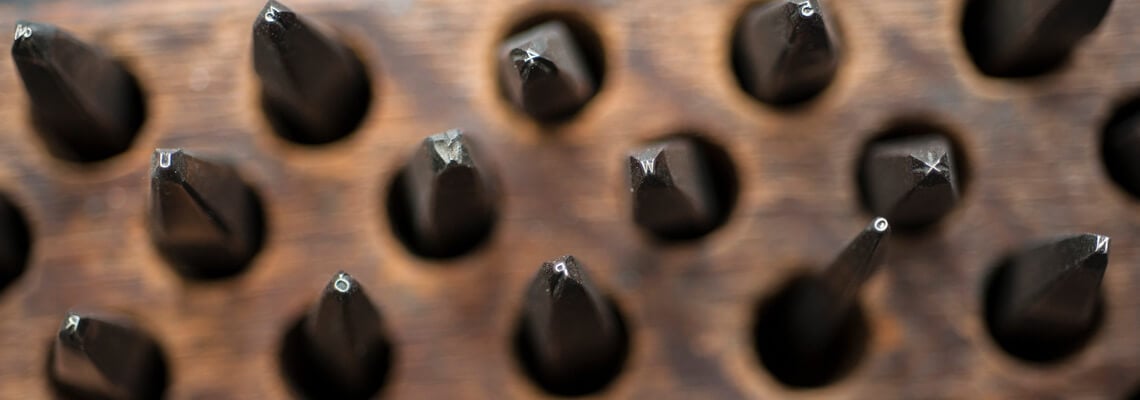Master Tools and Dies
Perhaps the most distinctive element of the Royal Mint Museum is the collection of some 30,000 master tools and dies. Apart from a handful of medieval coin dies, these run in unbroken sequence from the middle of the 17th century and relate to the coins and medals struck by the Royal Mint since that time.
Dies are used at the final stage of production to impress the design on a coin or medal, while the term master tools encompasses the preliminary tools such as reduction punches, matrices and working punches required to make the dies.
Browse highlights of the master tools and dies collection below.
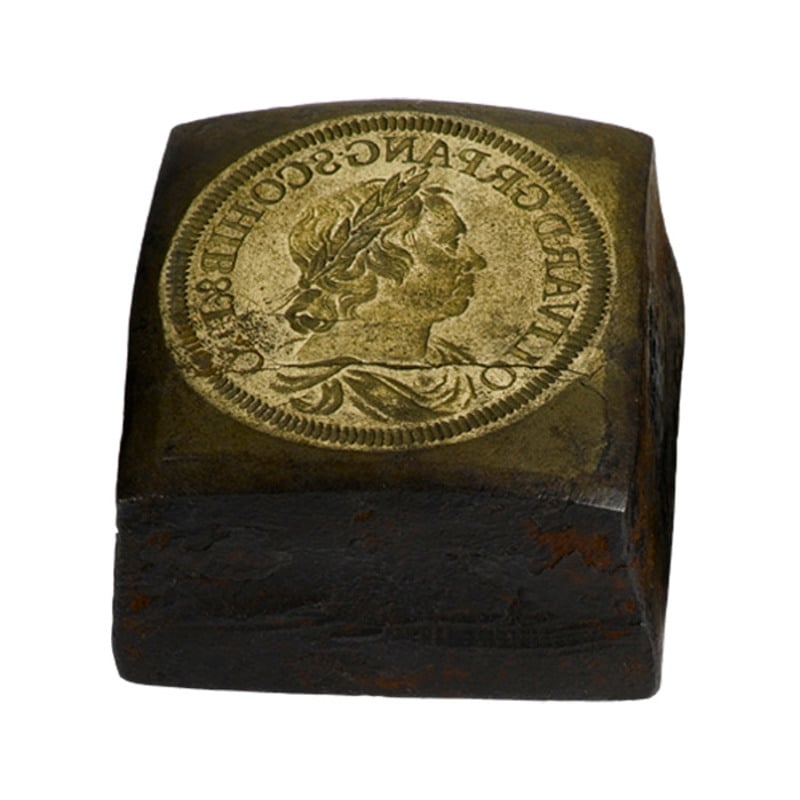
Cromwell crown die
The die for the obverse of the 1658 crown clearly displays a prominent crack across the lower half of Cromwell’s bust.
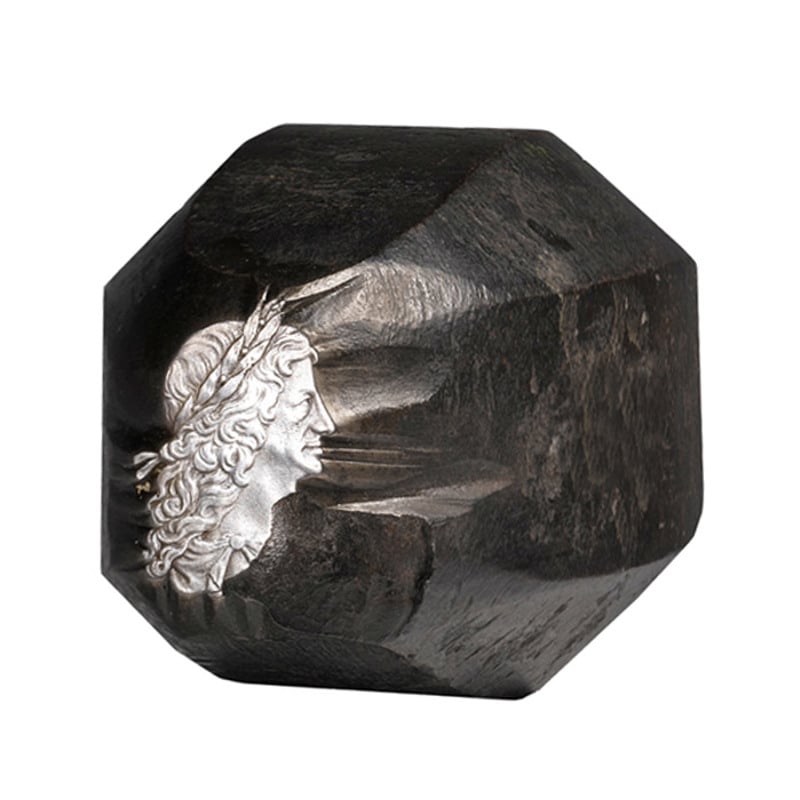
Portrait punch of Charles II
From the reign of Charles II there was a more systematic approach to retaining tools at the Royal Mint which finds early expression in a series of portrait punches.
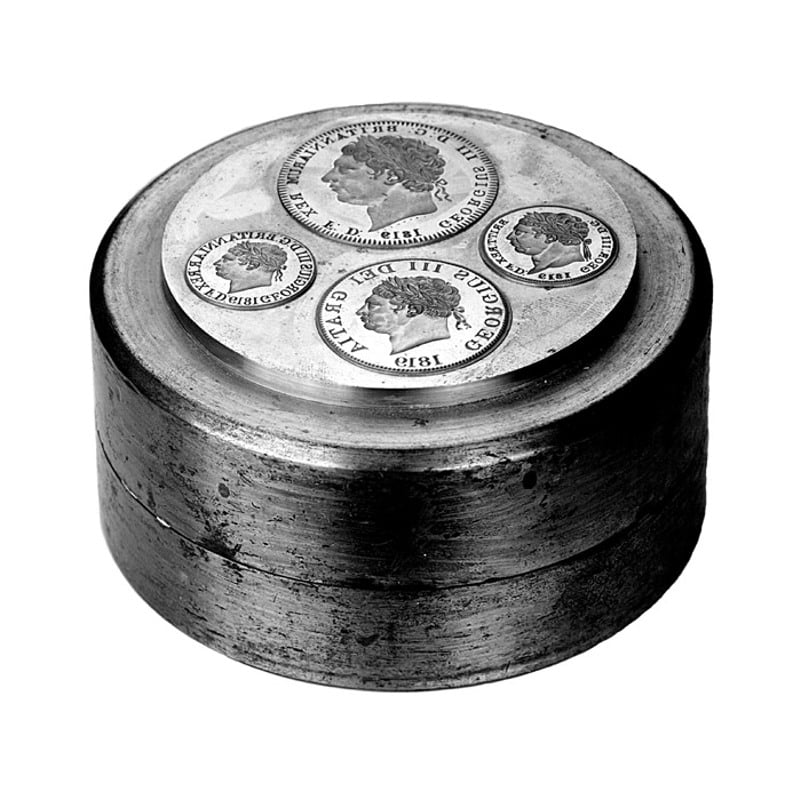
Ricardo ingot dies
This large die defied explanation for many years and were it not for a chance discovery of letters in the Birmingham City Archives they may well have remained a mystery.
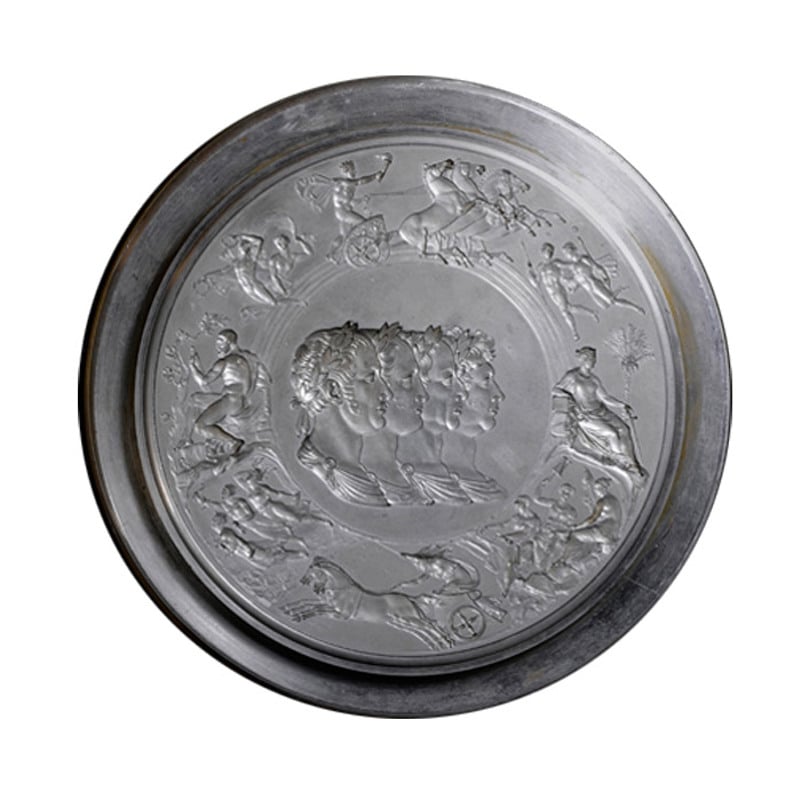
Waterloo Medal dies
Amongst the most spectacular items in the Museum are the dies for the Waterloo Medal.
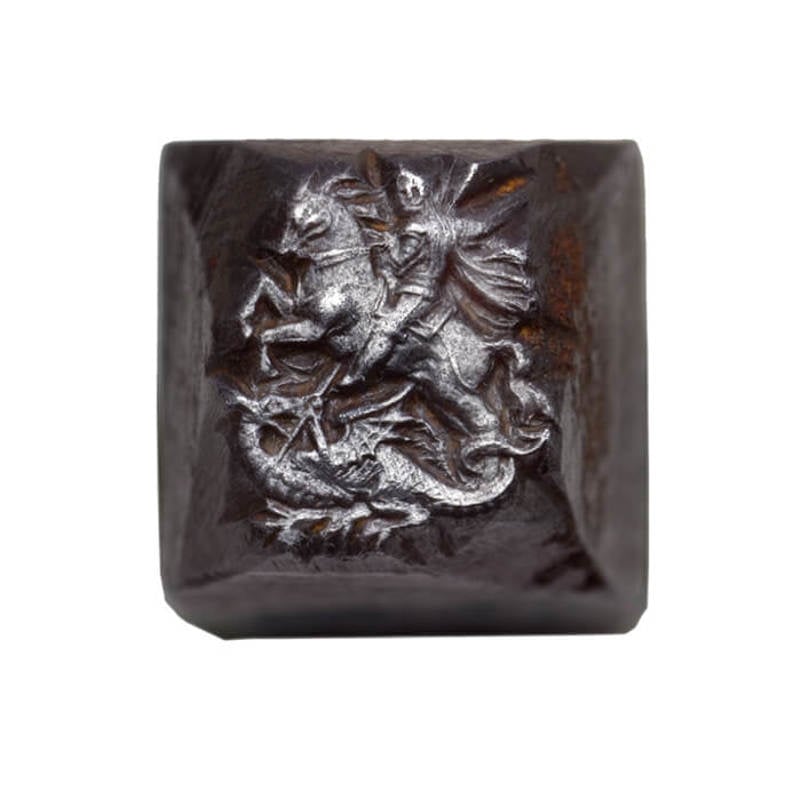
St George and the dragon punch
This tiny punch was prepared by Cecil Thomas and presented to the Royal Mint Museum
You might also like
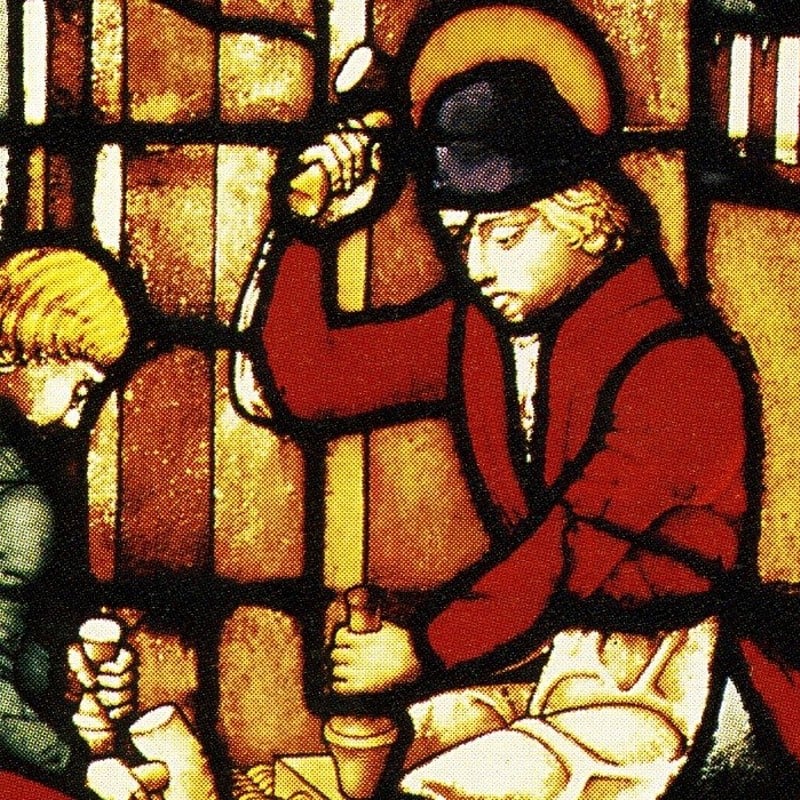
Making Money
The basic minting process of melting, casting, blanking and striking is essentially timeless.
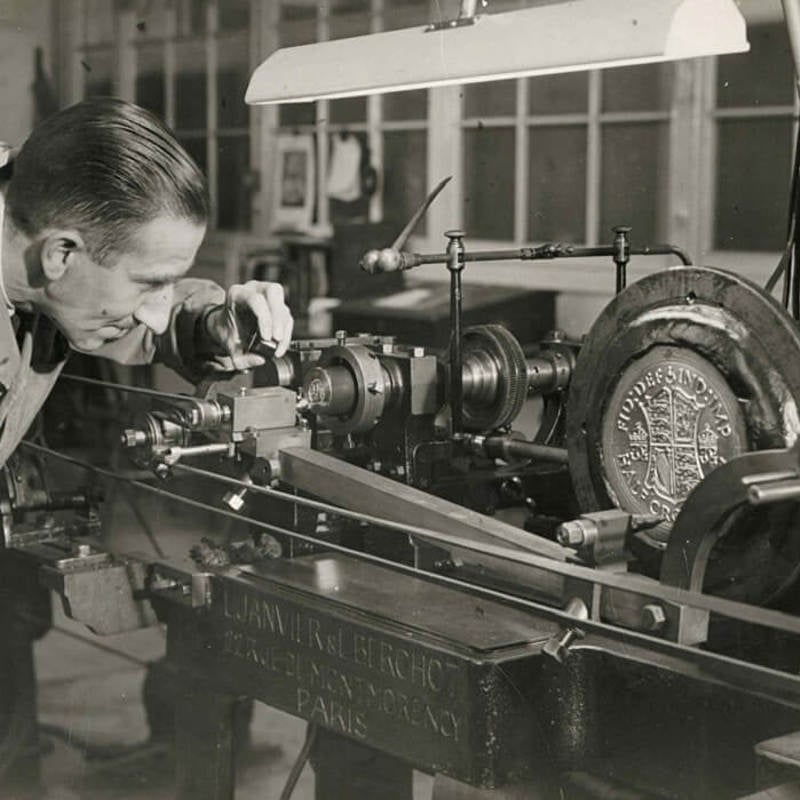
Collection in Context
The objects in the Museum each represent a stage in the process of transforming a concept into a coin.
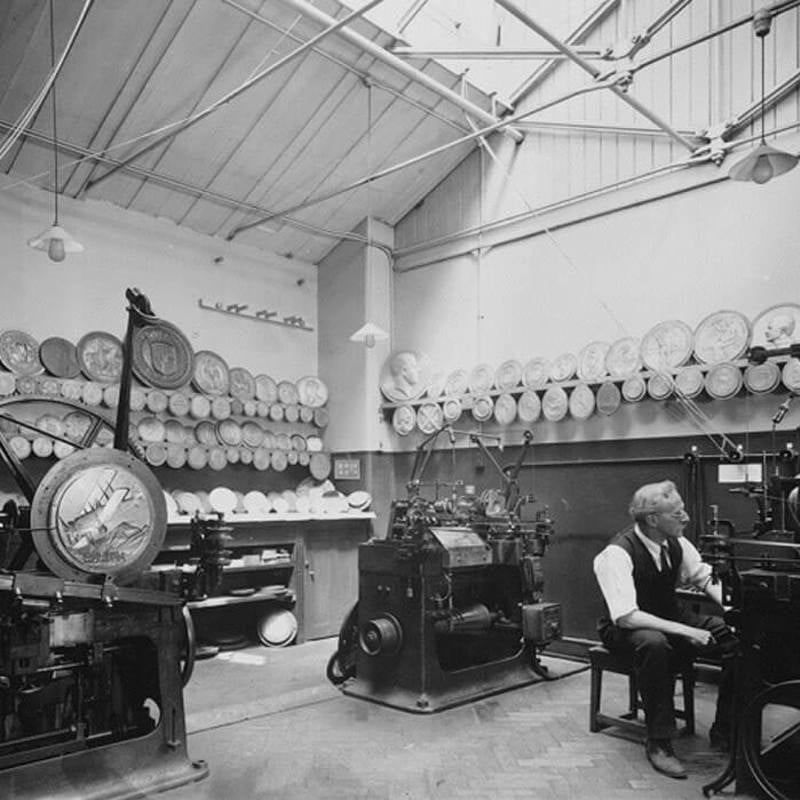
Janvier Reducing Machine
In the Museum we have several reducing machines which were once integral to the process of minting.
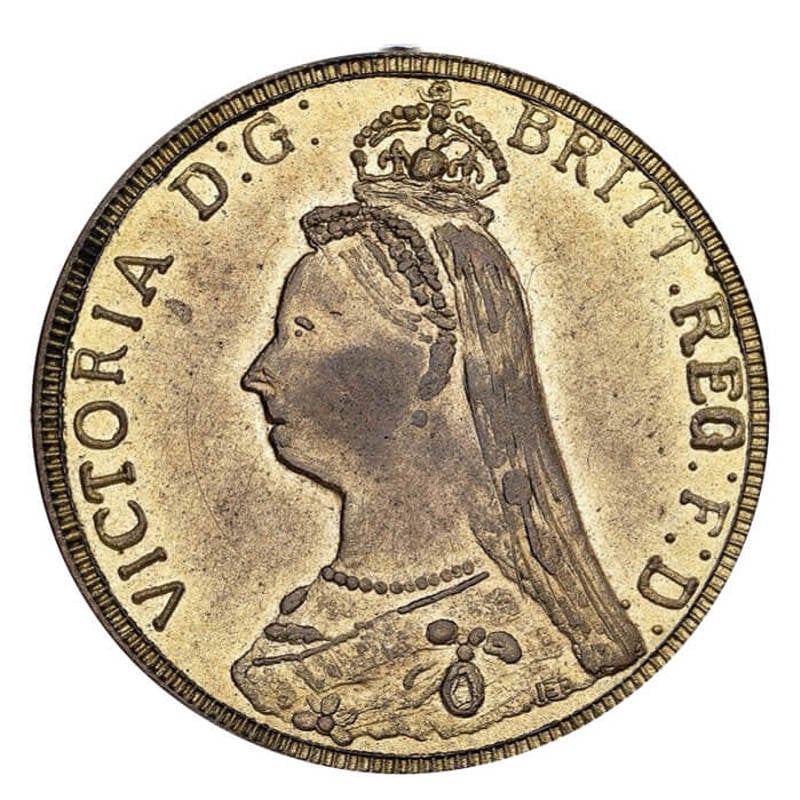
Counterfeits and Cautionary Tales
For as long as there have been coins there have been counterfeits.

